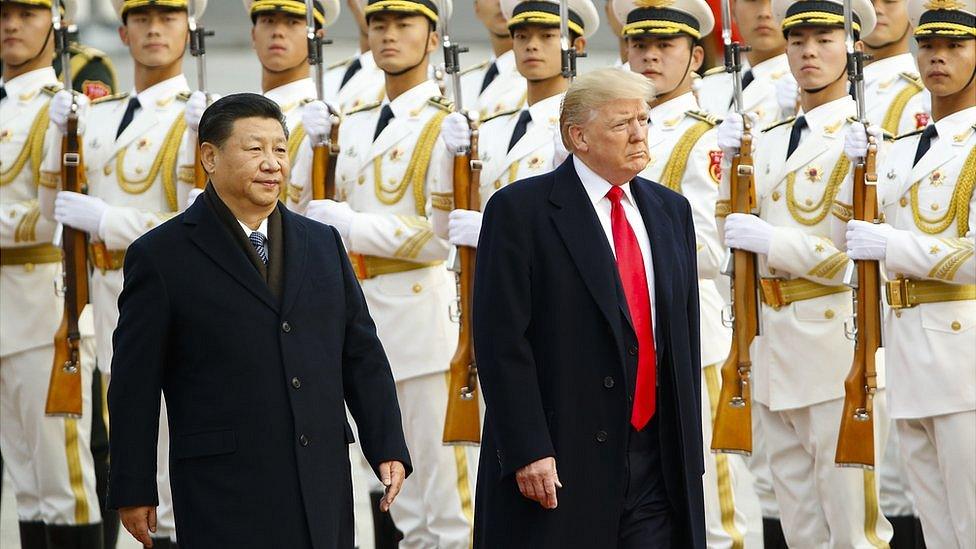Ren Zhengfei says US government 'underestimates' Huawei
- Published
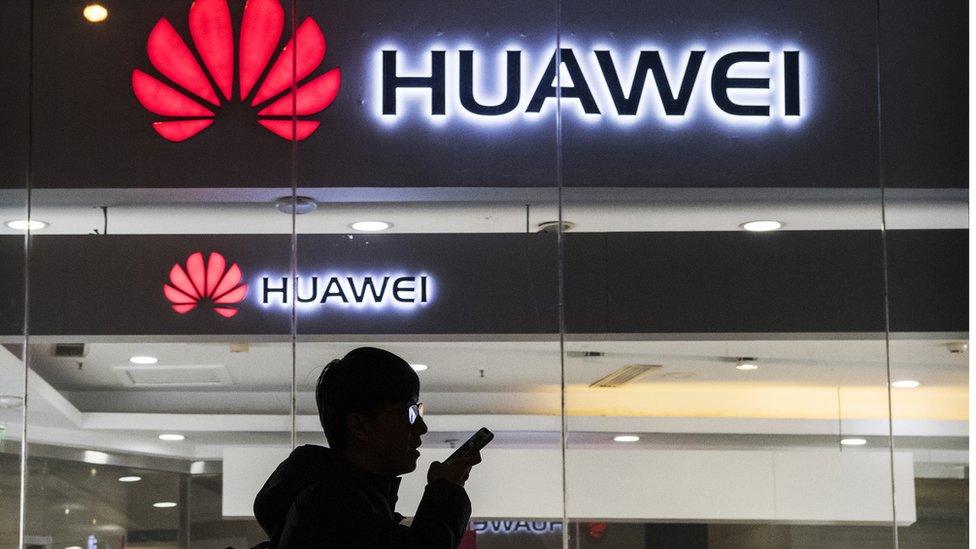
Huawei founder Ren Zhengfei has remained defiant towards US moves against his company, saying the US "underestimates" its abilities.
Speaking to Chinese state media, Mr Ren downplayed the impact of recent US curbs and said no-one could catch up to its 5G technology in the near future.
Last week the US added Huawei to a list of companies that American firms cannot trade with unless they have a licence.
The move marked an escalation in US efforts to block the Chinese company.
Young people in Singapore say they are now wary of buying Huawei phones
"The current practice of US politicians underestimates our strength," Mr Ren said, according to transcripts from state media.
Huawei faces a growing backlash from Western countries, led by the US, over possible risks posed by using its products in next-generation 5G mobile networks.
The potential fallout from the US decision to place Huawei on its "entity list", external was drawn into focus on Monday after Google barred the Chinese tech giant from some updates to its Android operating system.
Later on Monday, the US Commerce Department issued a temporary licence that enabled some companies to continue supporting existing Huawei networks and devices.
The US said it would issue the 90-day licence, external that "will allow operations to continue for existing Huawei mobile phone users and rural broadband networks," said US Secretary of Commerce Wilbur Ross.
The UK's National Cyber Security Centre has published advice for Huawei phone owners, external on its site.
It said the licence should mean that Huawei customers can "update their handsets as normal". It added that it was continuing to assess the situation and planned to provide advice in the future for users.
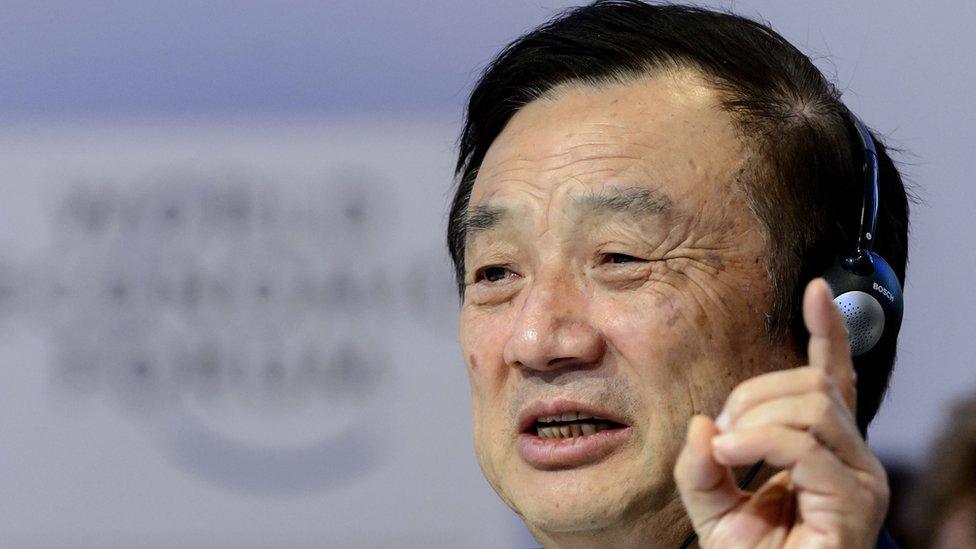
The Huawei founder is proud of the firm's lead in 5G technology
Still, Mr Ren played down the significance of the move, saying that Huawei had already made preparations ahead of the US restrictions.
Huawei has been at the epicentre of the US-China power struggle for months.
Consumers are worried about what this all means for them, while the implications for Huawei are also likely to be significant.
- Published21 May 2019
- Published20 May 2019
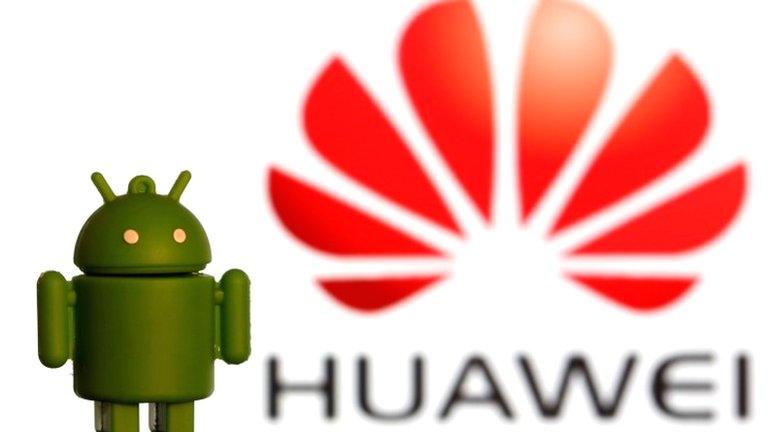
- Published20 May 2019

- Published16 May 2019
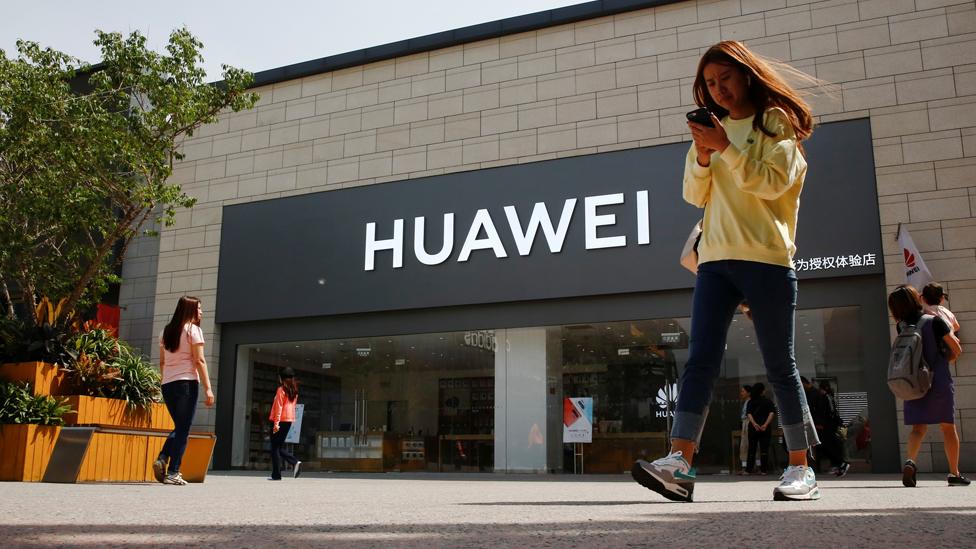
- Published22 April 2019
